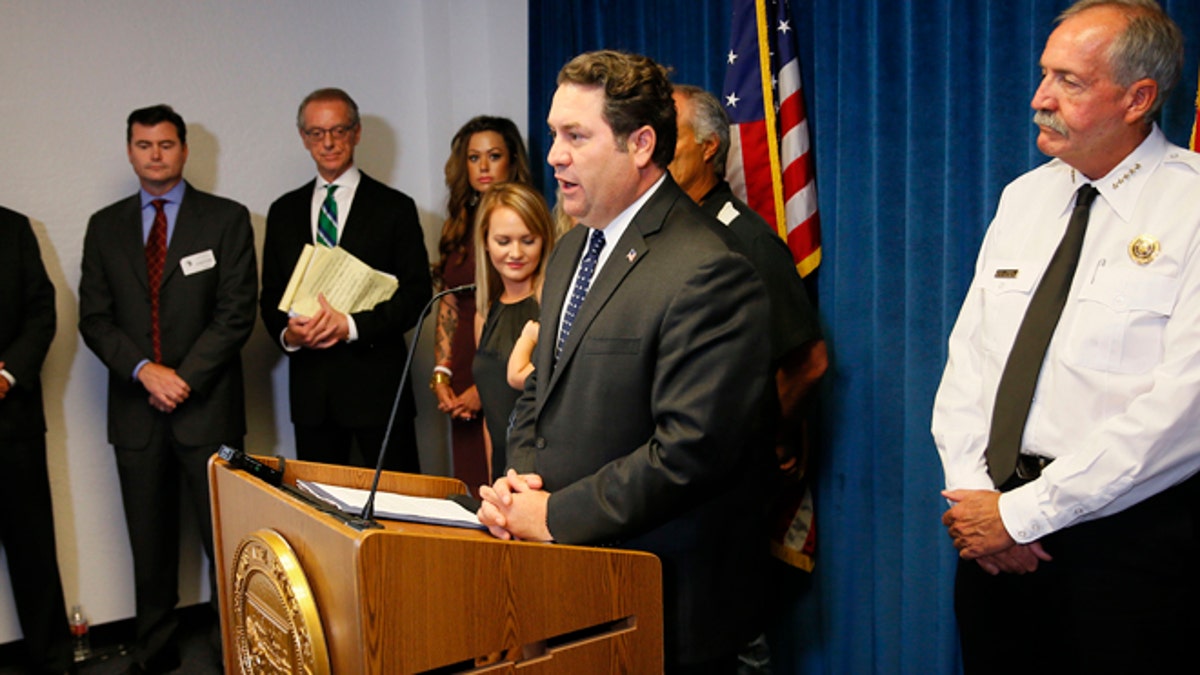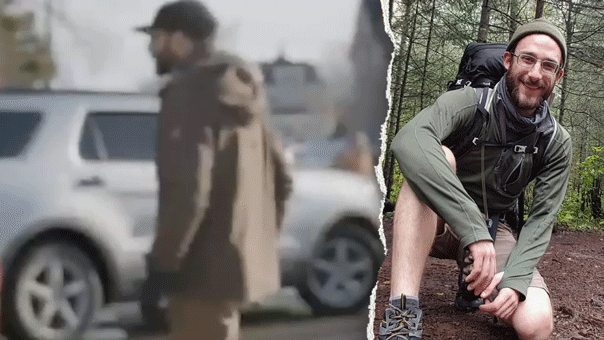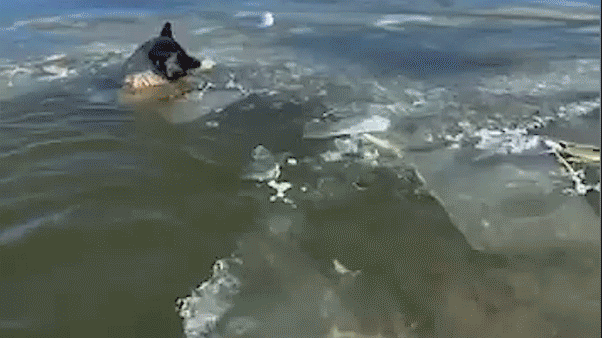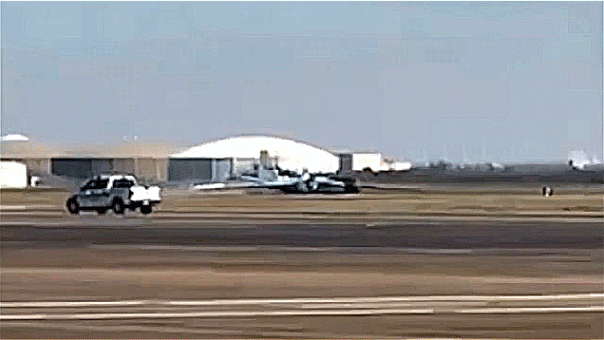
June 29, 2015: Arizona Attorney General Mark Brnovich discusses the status of the Yarnell Hill Fire settlement negotiations at the Arizona Attorney General's office in Phoenix. (AP Photo/Matt York)
A dozen families who lost loved ones when 19 members of a Hotshot firefighting crew were overcome by a 2013 wildfire originally wanted $220 million from the state for their deaths, plus changes to how Arizona responds to fires and trains its crews.
They got plenty of changes, but very little money.
The attorney who represented the families says the settlement announced Wednesday shows the families weren't after money.
"The compensation piece calls for $50,000 per family, which compared to the enormity of this tragedy sends the strongest possible message that no way, no how was money or compensation for these families a motivating force in this litigation," said Pat McGroder, an attorney who represented them.
The reality was, winning the lawsuit was an iffy proposition and the small settlement reflects that. The state has what is legally known as qualified immunity from lawsuits and can't be found liable for a normal workplace accident.
Instead, McGroder would have to prove willful indifference to the dangers.
"The bar is very high — you have to prove that there were just red flags everywhere and everybody ignored the dangers," said Dwane Cates, a Phoenix trial attorney.
Instead, the settlement allows both sides to essentially have a win. The state paid less than 1 percent of what the families originally sought — and avoided the public relations black eye that would have come from trying to beat widows and orphans in the courthouse. The families got a small amount of cash and a promise by the state Forestry Division to make safety changes.
"I believe that the settlement probably was kind of a win-win because the firefighters had a long row to hoe to even get to the point to where they could win," Cates said. "And No. 2, I don't think the state of Arizona necessarily wanted to win, because that would have been a PR disaster if they had won in court and the firefighters got nothing."
The 19 Granite Mountain Hotshots died on June 30, 2013, while fighting a fire about 80 miles northwest of Phoenix after a thunderstorm caused a wind shift.
The crew members had been in a relatively safe position on a ridge top. For an unknown reason and without notifying anyone, they moved down the mountainside through an unburned area where they were trapped by a wall of flames when winds shifted the fire in their direction.
State workplace safety regulators blamed the largest loss of wildland firefighters since 1933 on the state Forestry Division, saying they knowingly put protection of property ahead of safety and should have pulled crews out earlier.
All but one member of the crew died. A state investigation found that state fire officials lacked key personnel to battle the Yarnell Hill Fire at critical times. An earlier investigation commissioned by the Forestry Division found that state fire officials communicated poorly but followed proper procedures.
Dave Turbyfill, whose son Travis died in the blaze, said he's happy the families got something but it wasn't enough to prompt real changes. He said he wasn't a party to the lawsuit because he doesn't believe that the state Forestry Division can force changes within the firefighting community.
The settlement, he noted, was only a tiny fraction of what they originally sought.
"It was a save face for the families, for the attorneys involved," he said. "It was either get that or get nothing."
Turbyfill said he was disappointed there were no real answers to what happened.









































